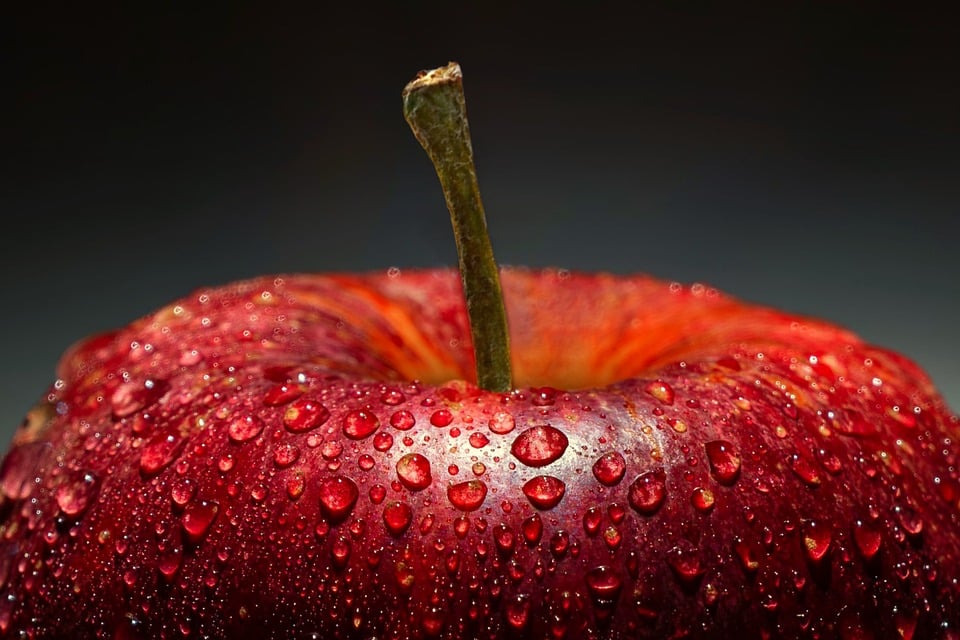Alba’s Culinary Traditions: A Taste of Spanish Heritage
Alba, a small town in northeastern Spain, is known for its rich culinary traditions that showcase the region’s unique heritage and history. Nestled in the heart of Catalonia, Alba’s cuisine is a fusion of flavors influenced by its proximity to the Mediterranean Sea, as well as its agricultural traditions dating back centuries. From traditional dishes made with locally sourced ingredients to regional delicacies that have been passed down through generations, Alba’s culinary scene is a true reflection of Spanish culture.
The Influence of Catalan Cuisine
Catalan cuisine, characterized by its use of fresh ingredients and bold flavors, has had a significant impact on Alba’s culinary traditions. The region’s proximity to the sea means that seafood plays a prominent role in many dishes, with locally caught fish and shellfish often taking center stage. One of the most popular seafood dishes in Alba is “arroz negre,” a rice dish made with squid ink that gives it a distinctive black color and rich, savory flavor.
In addition to seafood, Catalan cuisine also features a variety of meat dishes, with pork being a staple ingredient in many traditional recipes. “Botifarra amb mongetes,” a dish made with sausage and white beans, is a classic Catalan comfort food that can be found on menus across Alba. Other popular meat dishes include “canelons,” a type of stuffed pasta similar to cannelloni, and “escudella i carn d’olla,” a hearty stew made with a variety of meats and vegetables.
Regional Delicacies and Traditional Dishes
Alba is also home to a number of regional delicacies and traditional dishes that have been passed down through generations. One such dish is “calçots,” a type of green onion that is typically grilled and served with a savory romesco sauce. Calçots are a popular winter dish in Alba, with locals gathering for festive “calçotades” where they can enjoy this seasonal delicacy in a communal setting.
Another regional specialty is “fideuà,” a dish similar to paella but made with thin pasta noodles instead of rice. Fideuà is typically cooked with seafood and flavored with garlic, tomatoes, and saffron, creating a flavorful and comforting meal that is enjoyed by locals and visitors alike. Alba’s version of fideuà is a testament to the region’s culinary creativity and innovation, combining traditional flavors with modern techniques to create a truly unique dish.
The Importance of Local Ingredients
One of the hallmarks of Alba’s culinary traditions is the use of locally sourced ingredients that showcase the region’s agricultural bounty. From fresh seafood caught off the coast to seasonal produce grown in nearby fields, Alba’s cuisine is a celebration of the land and sea that sustains its people. Local olive oil, nuts, and spices are often used to flavor dishes, while regional wines and spirits provide the perfect accompaniment to a meal.
Alba is also known for its abundance of fresh fruits and vegetables, which play a prominent role in many traditional dishes. “Escalivada,” a dish made with roasted vegetables such as eggplant, peppers, and onions, is a popular appetizer in Alba that highlights the flavors of the region’s produce. Other vegetable-based dishes include “samfaina,” a type of ratatouille made with tomatoes, peppers, and zucchini, and “espaguetis a la jardinera,” a pasta dish with a medley of seasonal vegetables.
Culinary Festivals and Celebrations
Throughout the year, Alba hosts a number of culinary festivals and celebrations that showcase the region’s food culture and heritage. One such event is the “Fira de la Bolla,” a festival dedicated to the traditional dish of “bolla” made with bread, sausage, and vegetables. Visitors can sample different versions of bolla from local vendors, as well as enjoy live music, dancing, and other festive activities.
Another popular culinary event in Alba is the “Festa Major,” a celebration held in honor of the town’s patron saint. During this festival, locals gather to enjoy traditional dishes such as “fideuà,” “botifarra,” and “escalivada,” as well as participate in parades, fireworks, and other cultural activities. The Festa Major is a time for the community to come together and celebrate their shared heritage through food, music, and merriment.
In conclusion, Alba’s culinary traditions are a reflection of the region’s rich heritage and history, blending Catalan flavors with local ingredients to create unique and delicious dishes. From traditional recipes that have been passed down through generations to regional specialties that highlight the bounty of the land and sea, Alba’s cuisine is a true taste of Spanish culture. Whether enjoying a seafood paella by the sea or sampling calçots at a festive gathering, visitors to Alba are sure to be delighted by the flavors and traditions that make this small town a culinary gem in Catalonia.
